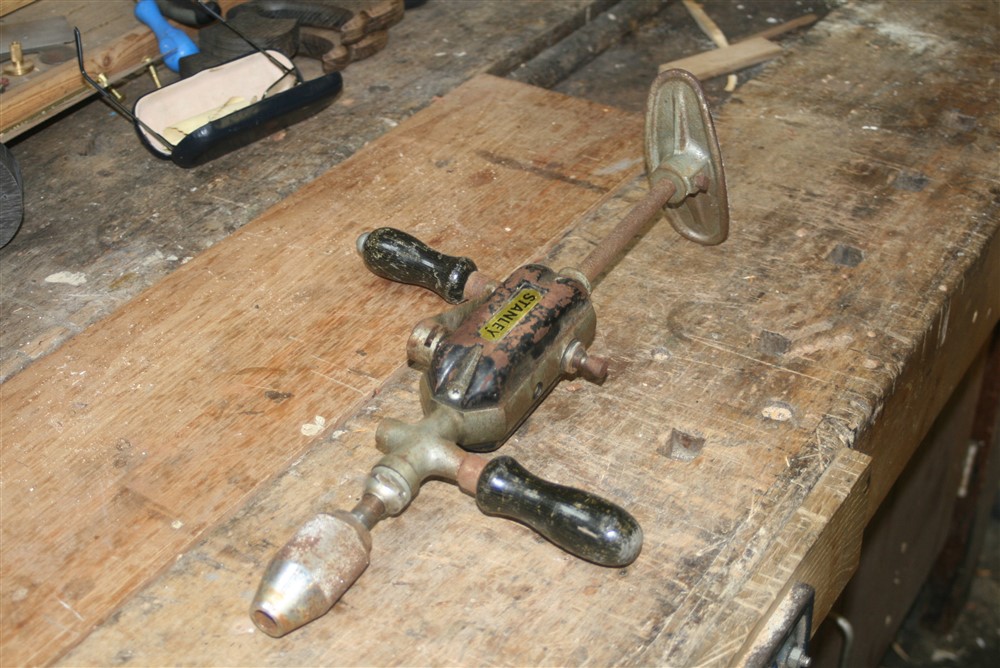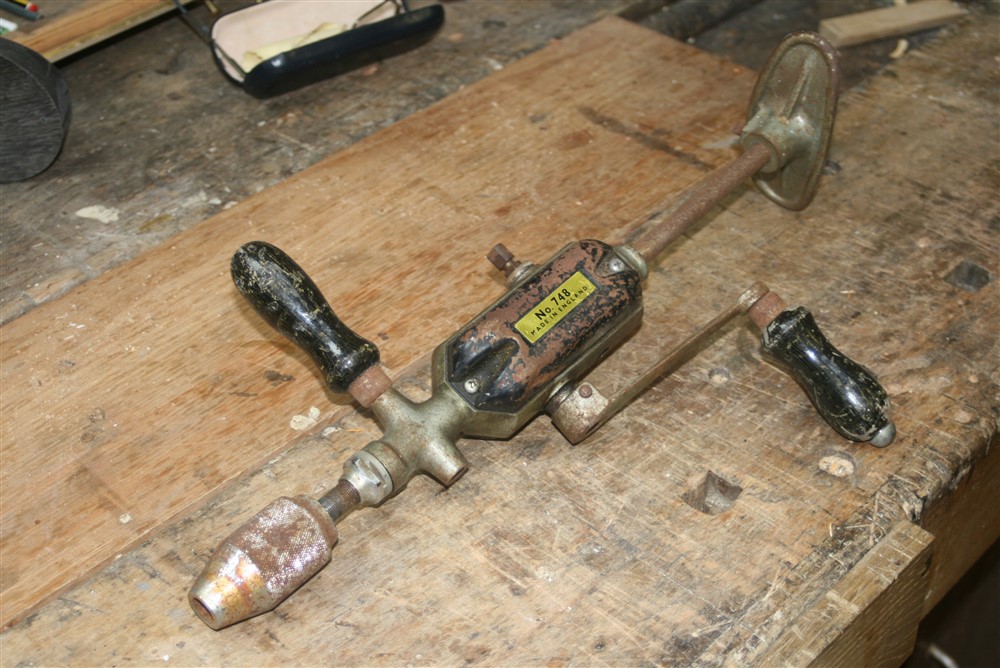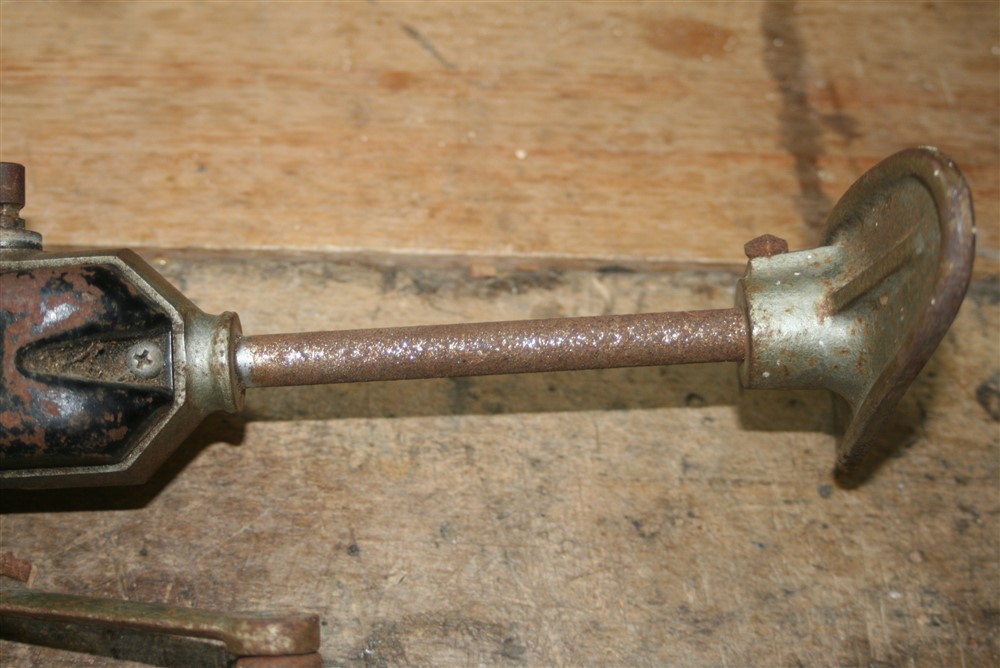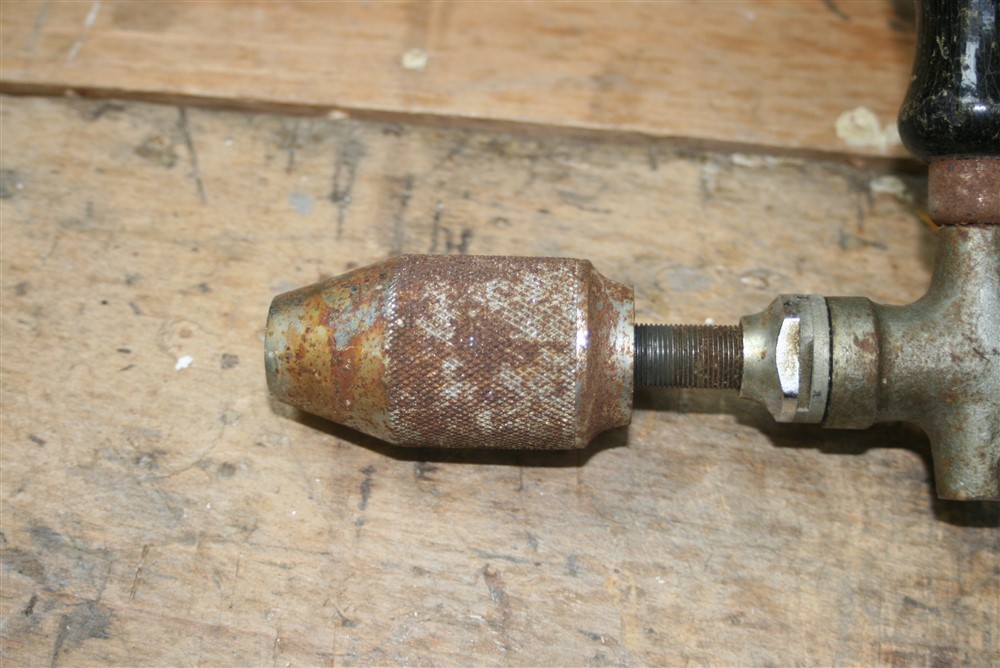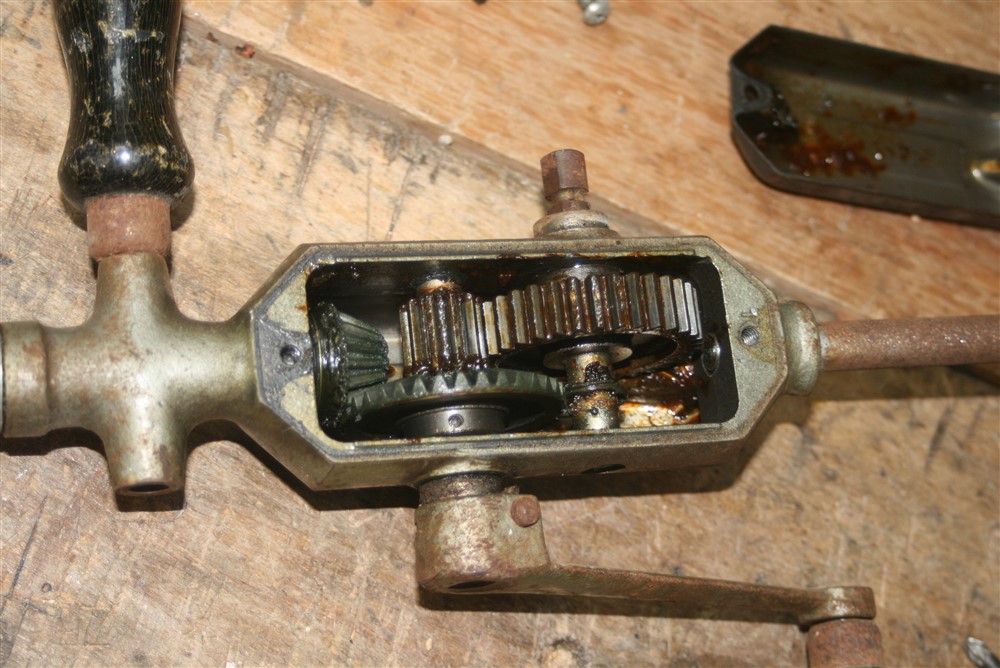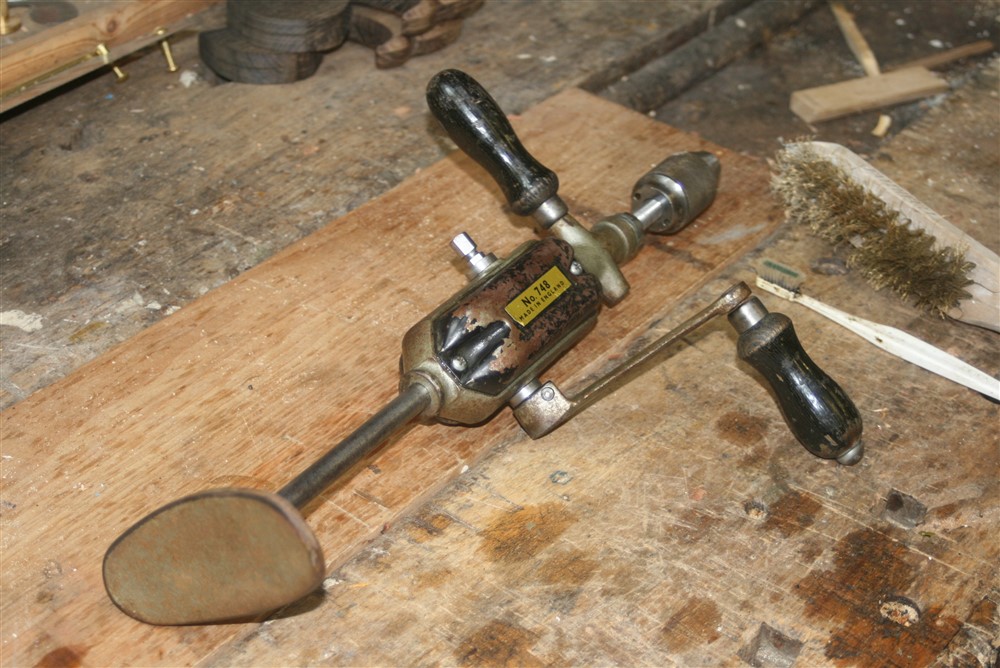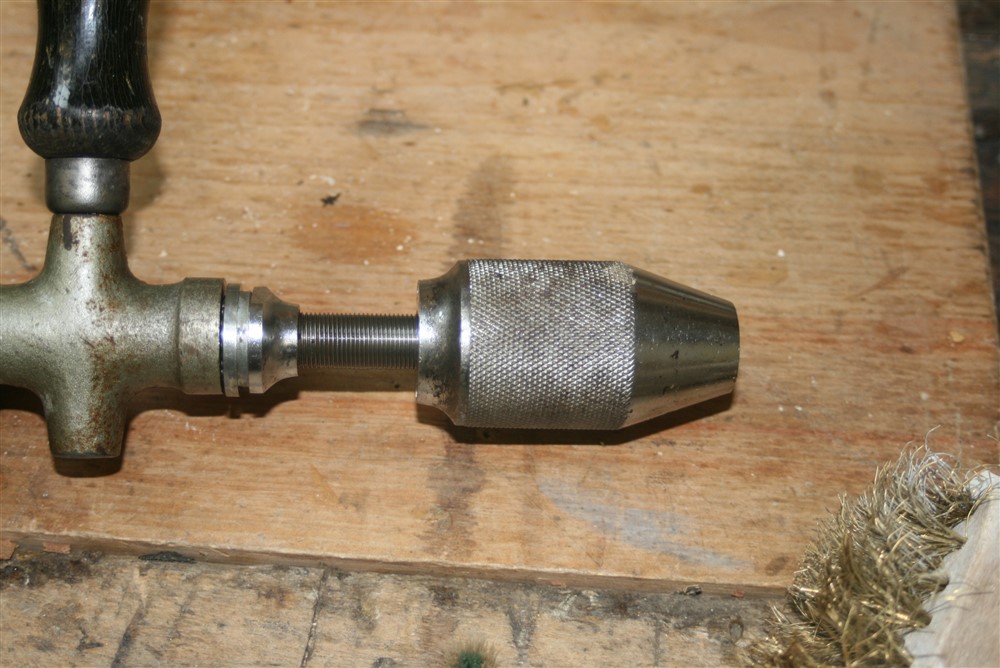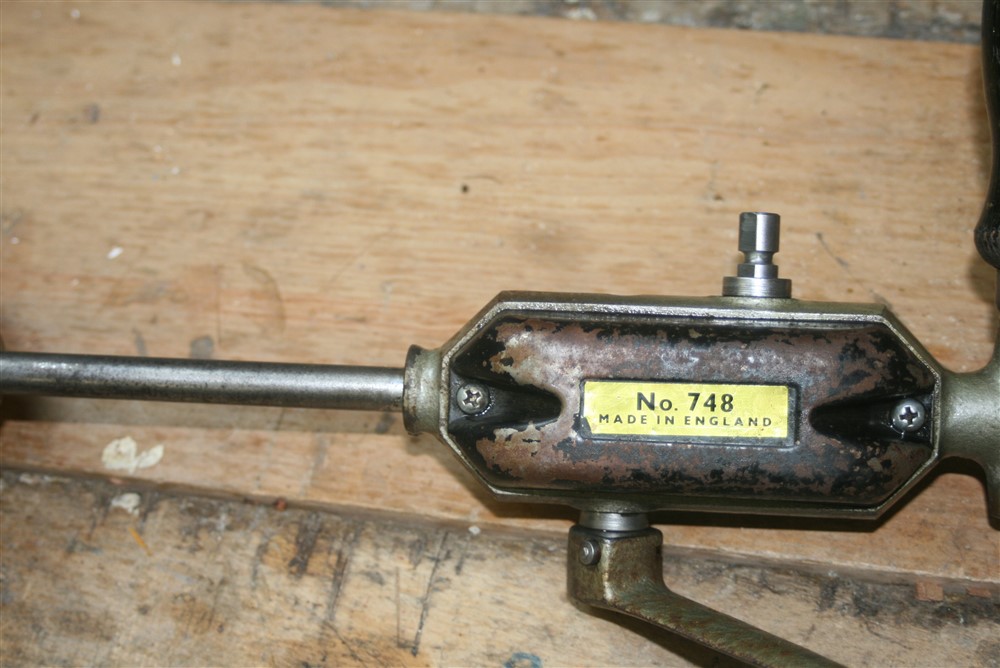welly":3l5z3nxy said:
Is a hand drill of much value for woodworkers these days?
Used appropriately, within their limitations, they're very usable still as some of the posts above already cover.
One of the classic arguments in their favour is that you never need to worry if there's a power point nearby, or about a battery having enough charge. Plus they're essentially silent in operation which has obvious advantages for certain users or in specific situations.
I think they're worth anyone trying at least, even those who aren't particularly focussed on hand tools, see if you get on with them or not. I talked to someone last year and we were largely on the same page about hand tools but was surprised to hear he considered them an absolute waste of time. Perhaps he'd never used a good one, or was trying to use them outside of their comfort zone. I drill 99% of holes with various hand drills (not because I'm a Luddite, I have two power drills, four if you count mini drills).
If you go after a basic 'egg beater' it helps to get one that was a good un when it was new
and hasn't seen lots and lots of use. Although they can work okay (actually quite well) with play in the mechanism – either from new, or through wear – once you try one that has tighter tolerances, and is oiled and greased just the right amount you wouldn't want to go back.
Braces are an easier buy as most that aren't a solid lump of brown will be just fine in operation, sometimes even before some oil has been worked through the ratchet they'll still work (albeit a little squeakily). Non-ratcheting braces are even more bulletproof, can be cheap as dirt, but are less versatile.
welly":3l5z3nxy said:
Are there situations where they'd be better over an electric drill?
Well braces are said to have unlimited torque, and there are most definitely holes you can drill with a brace (along with the right bit) that a cheap or mid-range cordless couldn't touch. Think a series of 3/4" dog holes through 70mm of old oak. Plenty of battery drills couldn't even complete the first hole.
welly":3l5z3nxy said:
At a guess, perhaps accuracy and subtlety?
Finesse yes. Although somewhat surprisingly accuracy can be better drilling small holes using power, but ideally you do need to be able to control the speed on the fly.
welly":3l5z3nxy said:
Actually surprised there isn't a boutique hand drill on Axminster for a couple of hundred quid.
Look up Bridge City Tools. Not just their own site, look for listings on eBay and elsewhere to see what they can fetch on the secondhand market :shock:
welly":3l5z3nxy said:
What happened to Stanley? They used to be reknowned for quality tools.
To be fair to them the world changed around them, but bottom line is the beancounters took over. They've been bought and sold a number of times in recent decades and until very recently many considered that they were merely trading off their historical good name (which to a great extent is still true, even with some new higher-end tools on their books).


































